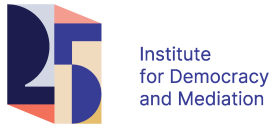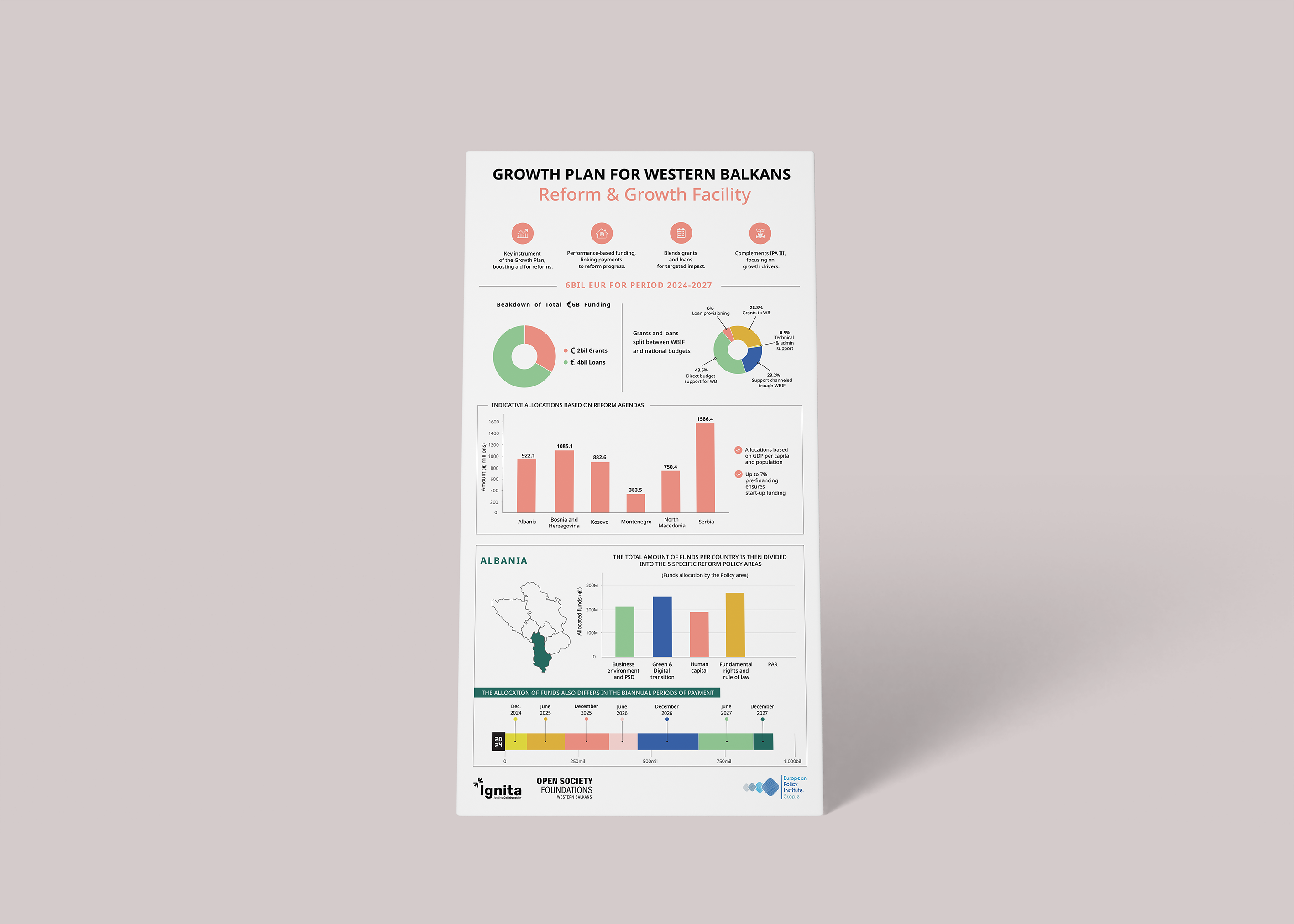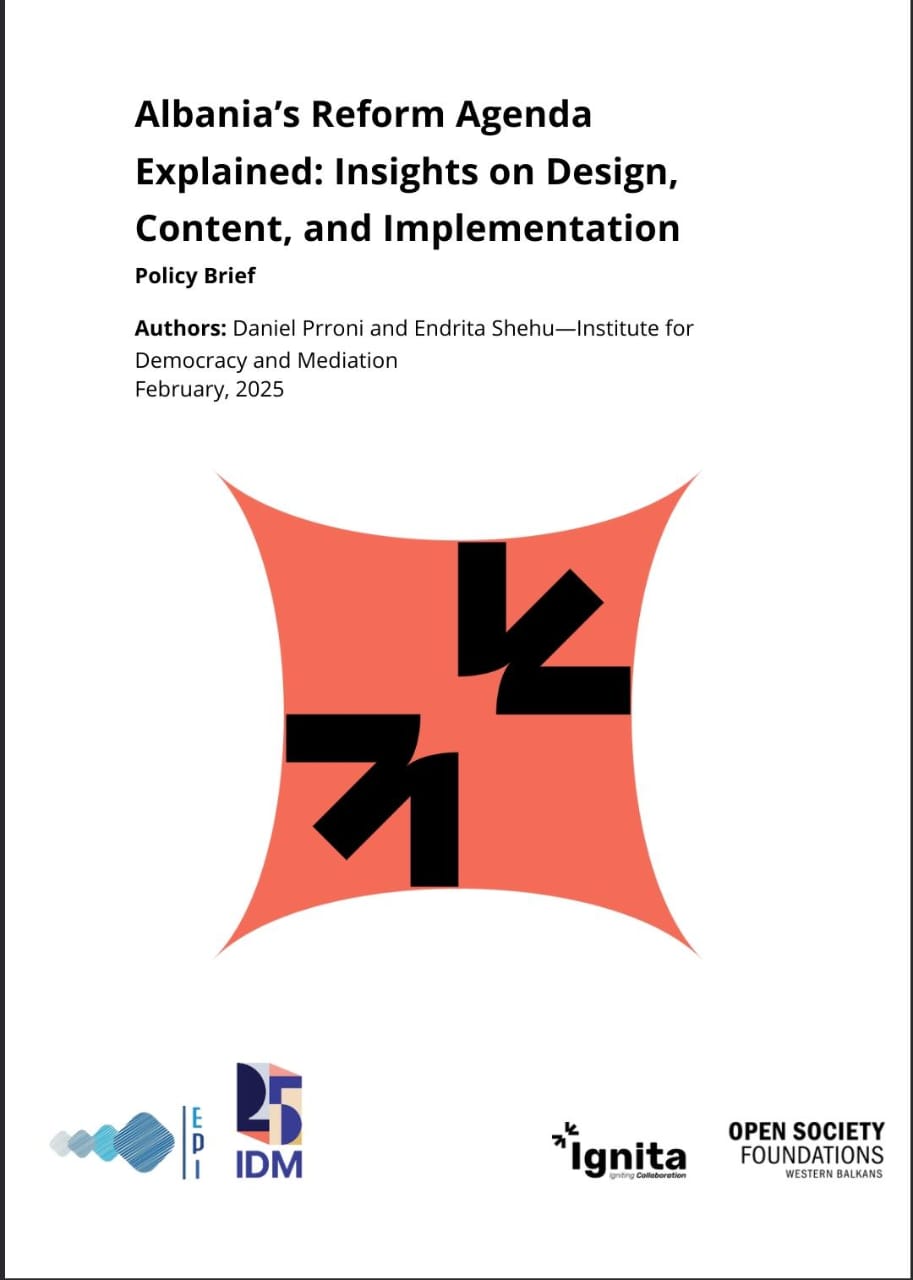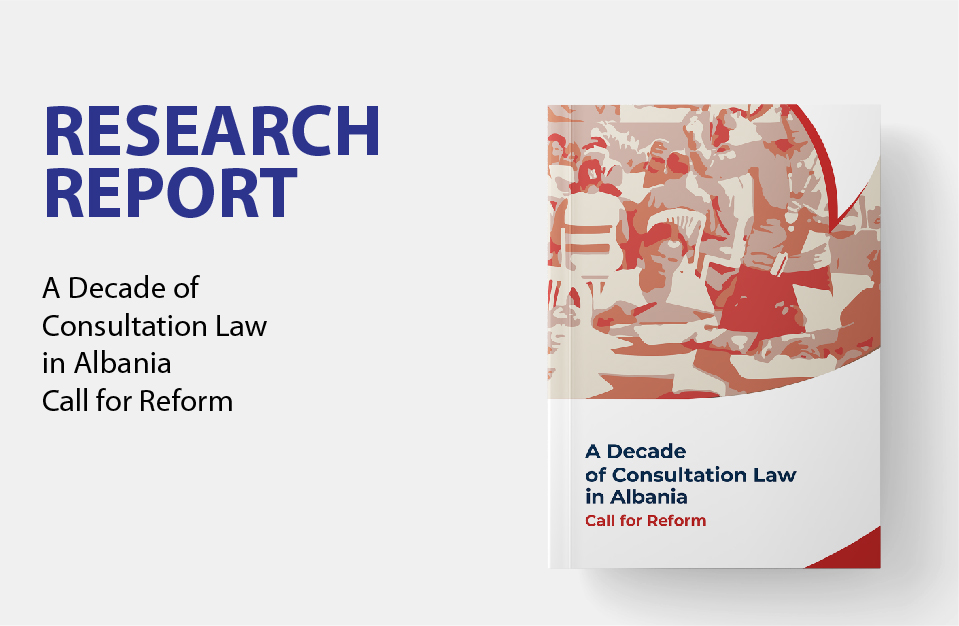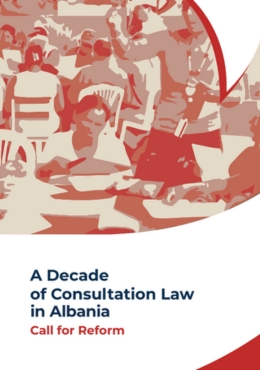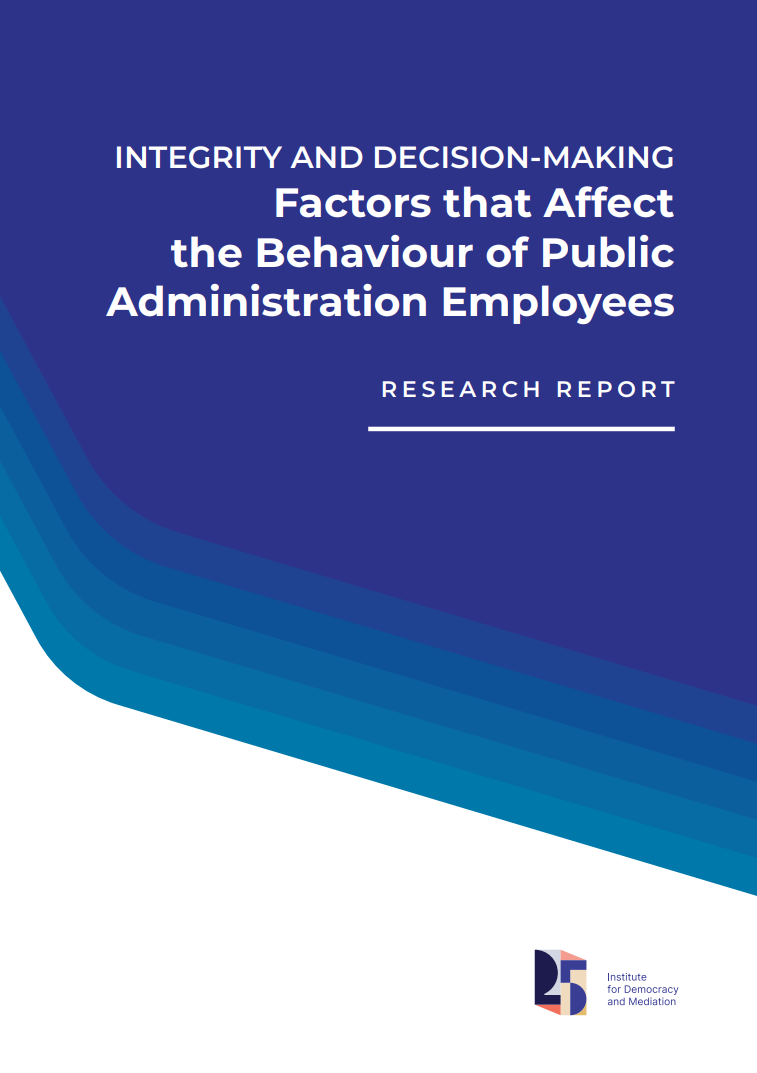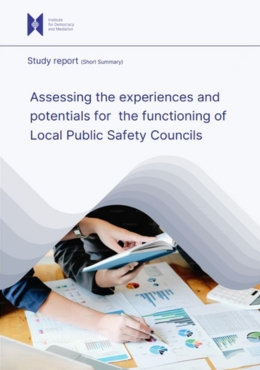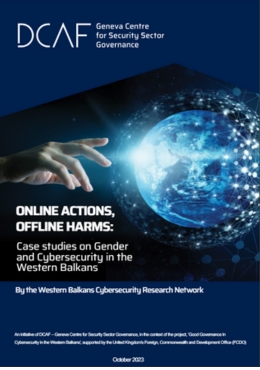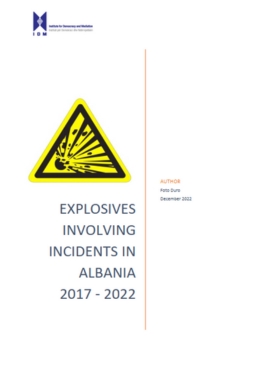A Decade of Public Consultation Law in Albania: Call for Reform
In a democratic society, consultations between public authorities and citizens are essential for the transparency, accountability, and legitimacy of decision-making. The level of implementation of public consultations is a crucial indicator of a country’s democracy and the existence of an enabling civil space. Bypassing the consultation process often affects the quality of laws and policies as well as public trust. It increases the frequency of potential legal changes that result in an overproduction of laws, undermining the principle of legal certainty. Besides the questionable quality of non-evidence-based decision-making, the integrity of the process itself may be compromised when public scrutiny is lacking. A manifestation of the latter is the phenomenon of tailor-made laws, a blatant product of grand corruption identified in Albania. Such laws legitimise state capture by establishing rules that favor private interests over the public good, often being passed without public consultation.
As we approach a decade since the adoption of Law No. 146/2014 on Notification and Public Consultation, its weak implementation requires reflection from all stakeholders.
In this context, this study provides an assessment of the current state of public consultation at the central level, guided by the principles of good governance: efficiency, transparency, accessibility, proactivity, and non-discrimination. It analyzes the legal framework, as well as the identified shortcomings over the years, examining its implementation at every stage of the consultation process, from planning and drafting to approval and reporting. Additionally, it examines the involvement and role of both public and non-public actors.
The primary goal is for these findings to serve as a catalyst for advocacy on legal changes, improvement of practices, stakeholder engagement in the process, and strengthening of independent mechanisms to enable the fulfillment of the purpose of public consultations – inclusion and influence in decision-making.
